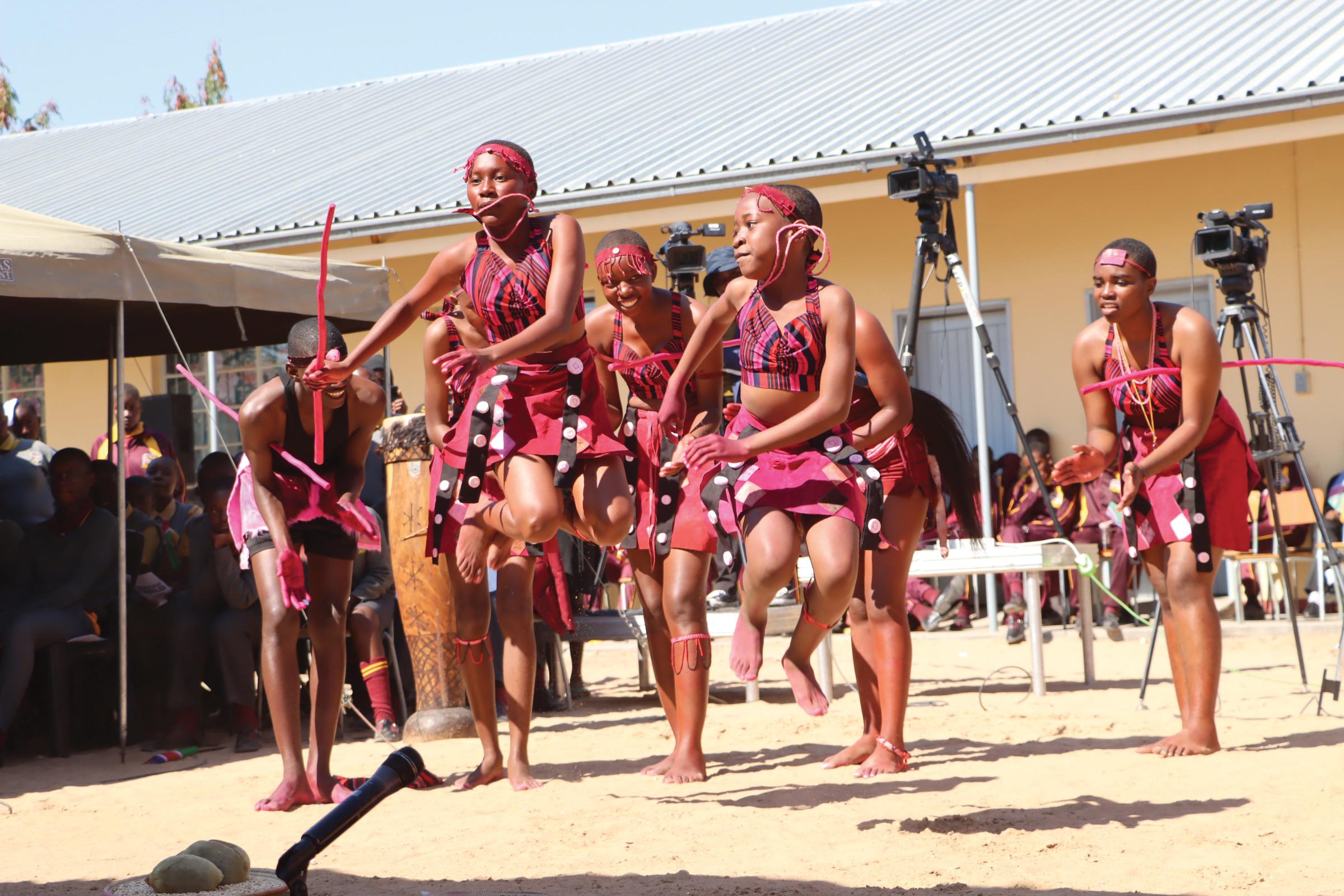The Day of the African Child (DAC), instituted in 1991 by the Organisation of African Unity (OAU), now the African Union (AU), is more than a memorial, it is a celebration of resilience, a platform for advocacy, and a call to action to improve the lives of children throughout Africa. Commemorated annually on 16 June, the day honours the memory of the hundreds of school children who were injured or brutally killed during the Soweto uprising of 1976 in apartheid South Africa when they marched in protest against an oppressive education system and demanded to be taught in their own languages. Their courageous defiance continues to inspire generations of children and youth across the African continent. It brings together governments, civil society organisations, youth-led groups, international bodies and, most importantly, children to reflect on the status of child rights and to shape policies that place children at the heart of national development.
Member states of the AU, which includes Namibia, are guided by the African Committee of Experts on the Rights and Welfare of the Child (ACERWC), which facilitates consultations with children and stakeholders to determine themes every year and promote meaningful dialogue. Activities also include consultations among children, training sessions on the African Charter on the Rights and Welfare of the Child, as well as intergenerational dialogues that culminate in the adoption of an outcome statement capturing children’s voices and strategic recommendations.
Each member state then submits a report to the committee detailing how it commemorated the day and what concrete actions were taken to advance the year’s theme, which for 2025 is “Planning and budgeting for children’s rights: progress since 2010”. This is to ensure accountability and transparency as the reports are not only ceremonial but are benchmarks of national progress and commitment.
The theme for this year calls for a rigorous assessment of how far African governments have come in integrating children’s rights into national planning and budgeting processes. “Indeed, it is an opportunity to reflect on the journey we have travelled in child protection, recognising that children are the future of our countries. Their wellbeing and inclusion in the development process are paramount for the attainment of Agenda 2063: The Africa We Want,” said President Netumbo Nandi-Ndaitwah.
The president noted that the government has made commendable progress in terms of designing and funding policies and programmes aimed at advancing the welfare of the Namibian child, setting them on a path toward socioeconomic transformation and a prosperous future. “These commitments are reflected in our healthcare and education system, where the government provides free basic and secondary education and healthcare services to children,” she added. Despite these achievements, the head of state acknowledged that more remains to be done as children continue to face various challenges, including gender-based violence (GBV), child labour and malnutrition, calling on all stakeholders to work in the interests of the child by fostering cross-sector collaboration.
Speaking at the commemoration of the DAC at Canisianum High School at Outapi in the Omusati Region, Minister of Gender Equality and Child Welfare, Emma Kantema, stressed the need for more targeted and sensitive programmes for children in vulnerable situations such as those living with disabilities, living and working on the streets, as well as those from marginalised communities. “Our children are our greatest asset and investing in them today is critical in securing a peaceful and prosperous Namibia. Let us commit to building a future where every child’s right is not just recognised, but fully realised through deliberate, child-sensitive planning and budgeting,” she added.
According to the ACERWC, Africa will be home to around 1 billion children, or 40% of the world’s child population, by 2055.





